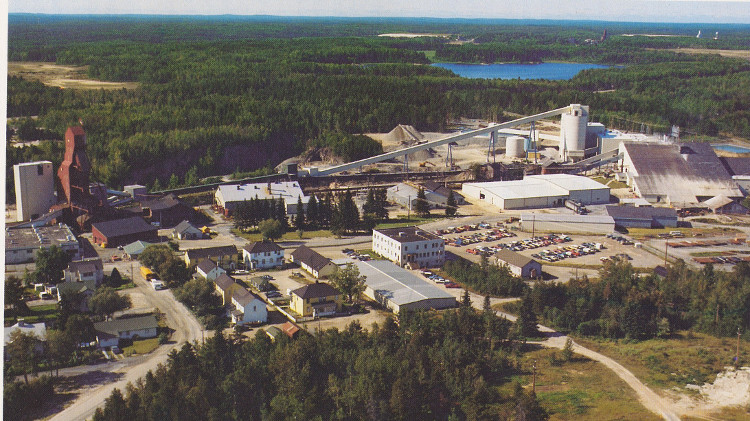It seems Canadian competitiveness will remain mediocre. The World Economic Forum’s 2016-2017 Global Competitiveness Report was published last September, and after much posturing by our new government, Canada has slipped on the competitiveness index ranking to the 15th spot down from the 13th. (New Zealand and Taiwan have passed us.) Upon closer inspection, we rank ninth in health and primary education, 24th in innovation and 23rd in collaboration between academia and business on R&D.
Of course, we of the extractive industries have experienced this competitive decline first-hand. With BHP’s failed acquisition of PotashCorp, British Columbia’s failed initiative in liquid natural gas (LNG) and the stalled development of the Ring of Fire, we can see the government is sending a clear message to majors that project development will neither be guaranteed nor easy. Need some more examples? Taseko’s New Prosperity project has been rejected multiple times by the federal government. Pacific Booker’s Morrison mine was shot down by the B.C. government though the courts subsequently sided with the plaintiff, but only after a lucrative super-cycle was missed and available capital was spent on lawyers instead of the project. Furthermore, development at Seabridge Gold’s KSM project in northwestern B.C. – one of the largest undeveloped gold projects in the world – has stalled, and having observed the tailings dam failure at Mt. Polley and the government’s response, Alaska is concerned about potential downstream implications.
Further damaging Canada’s competitive advantage is excessive public investment in energy projects. With initiatives such as Muskrat Falls in Newfoundland and Labrador, Site C in B.C., Ontario’s green energy policy and the Keeyask project in Manitoba, the long-term energy costs and public debt-servicing costs must be considered, not to mention the lost opportunity cost of public capital.
The opportunities have been there, but they have been missed. The B.C. initiative into LNG was well timed: The Asian market and the dearth of pipelines on that continent meant that there were new baseload clients to be had, as well as in Japan, which was rocked by an earthquake. However, B.C.’s strategy was deplorable: it assumed the private sector would arrive and plunk down billions for an export terminal with undefined or ill-defined infrastructure as well as environmental, social and fiscal frameworks. The serious money left quietly and quickly. B.C. attempted a last-gasp effort to save the opportunity, but the market passed and may not return for a while.
There was also the attempted takeover of PotashCorp in 2010. Although the provincial government was staunchly right-leaning, it blocked the acquisition by BHP. Why? Because it threatened to take a huge bite out of Saskatchewan’s tax revenues. At the time, potash generated 22 per cent of the province’s income.
Moving east, the frustration of the Ring of Fire has underscored Ontario’s antiquated mining legislation. While hinterland development benefits from a five per cent reduction in the provincial tax rate, that is not nearly enough incremental upside to cover the massive infrastructure needs of such remote projects. With infrastructure measured in the billions of dollars, and all sorts of social benefits arising therefrom, the government – unless it prefers northern Ontario to produce only gold and diamonds, which can be flown out without a need for roads or complex Indigenous accords – should reconsider the policy.
So what are the lessons to be learned? Improved cooperation and collaboration between the federal and provincial governments would be a start. Relying on obsolete regulations such as Ontario’s 1930s mining legislation and ad hoc reactionary amendments is not sufficient. The solution is to bring both levels of government together and coordinate the sector with one voice because the market is not interested in cumbersome and antiquated provincial laws and feuds. Confederation gave property rights to the provinces, so they would have to cede some territory in this regard. In today’s global market, it is the country that is judged by players and they may choose to avoid Canada in favour of countries that offer more flexible and modern systems.
Mauro Chiesa has over 35 years of experience in financing and advising extractive and infrastructure projects. He has worked with multinational banks in New York City, at the World Bank Group and EDC.




